USB to Serial rs232 in Pakistan
₨ 450.0
- USB to Serial rs232 in Pakistan! Experience seamless connectivity and control with the rs232 Port USB to Serial Adapter. This innovative device effortlessly converts a USB port into an RS232 DB9 serial port, allowing you to effortlessly connect, monitor, and control your serial devices.
- With its high data transfer rates of up to 921.6 Kbps, this USB to serial cable ensures speedy and reliable communication. Whether you need to connect to a printer, modem, or other serial device, this adapter has got you covered.
- Designed for convenience and reliability, this USB to Serial rs232 in Pakistan is a must-have tool for professionals in various industries. Upgrade your connectivity options today with the USB to Serial rs232 in Pakistan.
USB to Serial RS232 in Pakistan
In this comprehensive article, we’ll delve into the fundamentals of USB to Serial RS232, explore its advantages, and uncover the myriad of applications it offers in Pakistan. We’ll also guide you through the process of selecting the right converter for your needs and provide step-by-step instructions for installation and troubleshooting. By the end of this guide, you’ll be equipped with the knowledge and confidence to make the most of USB to Serial rs232 in Pakistan your personal or professional endeavors.
Understanding the Basics of USB to Serial RS232
At its core, a USB to Serial RS232 converter is a device that bridges the gap between the ubiquitous USB port and the older, yet still widely used, Serial RS232 interface. This technology allows you to connect various serial-based devices, such as industrial equipment, medical devices, or embedded systems, to modern computers or laptops that may no longer have dedicated serial ports.
Advantages of using USB to Serial RS232 in Pakistan
- Compatibility: USB to Serial RS232 converters are designed to work with a wide range of devices, making them a versatile solution for the diverse technological landscape in Pakistan. This compatibility ensures that you can connect legacy serial-based equipment to modern computing platforms, bridging the gap between old and new.
- Ease of Use: The plug-and-play nature of USB to Serial RS232 converters simplifies the integration process, allowing users to quickly set up and configure the connection without the need for complex technical knowledge. This user-friendly approach is particularly beneficial in the Pakistani market, where technical expertise may vary.
- Improved Connectivity: By converting the serial interface to USB, these converters enable users to connect their devices to a broader range of computing platforms, including laptops, desktops, and even mobile devices. This expanded connectivity opens up new possibilities for remote monitoring, data collection, and device control.
- Cost-Effectiveness: Compared to the expense of upgrading or replacing legacy serial-based equipment, USB to Serial RS232 converters offer a cost-effective solution for maintaining and integrating existing systems. This makes them an attractive option for businesses and individuals in Pakistan, where budgetary considerations are often a key factor.
- Portability: Many USB to Serial RS232 converters are compact and portable, allowing users to easily transport them between different locations or devices. This flexibility is particularly beneficial in the Pakistani market, where users may need to work with various systems or in different environments.
Popular Applications of USB to Serial RS232 in Pakistan
- Industrial Automation: In the Pakistani manufacturing and industrial sectors, USB to Serial RS232 converters are widely used to connect and control a variety of equipment, such as CNC machines, PLC controllers, and SCADA systems. This integration enables seamless data exchange, remote monitoring, and centralized management of industrial processes.
- Medical Devices: Healthcare providers in Pakistan often rely on USB to Serial RS232 converters to connect medical devices, such as patient monitoring equipment, diagnostic tools, and laboratory instruments, to their computer systems. This integration facilitates data collection, analysis, and electronic medical record (EMR) management.
- Point-of-Sale (POS) Systems: Retail businesses in Pakistan, including shops, restaurants, and hospitality establishments, commonly use USB to Serial RS232 converters to connect POS terminals, cash registers, and other payment processing devices to their computer networks. This integration streamlines the sales and inventory management processes.
- Building Automation: In the Pakistani real estate and construction sectors, USB to Serial RS232 converters are employed to integrate building automation systems, such as HVAC controls, security systems, and energy management platforms, with centralized monitoring and control interfaces.
- Educational and Research Institutions: Educational and research institutions in Pakistan often utilize USB to Serial RS232 converters to connect various scientific instruments, laboratory equipment, and specialized devices to their computing infrastructure, facilitating data collection, analysis, and remote experimentation.
Installation and Setup of USB to Serial RS232 in Pakistan
Installing and setting up a USB to Serial RS232 converter in Pakistan is a straightforward process, but it’s important to follow the manufacturer’s instructions carefully. Here’s a general overview of the steps involved:
- Connect the Converter: Plug the USB to Serial RS232 converter into an available USB port on your computer or device.
- Install the Drivers: Depending on the converter model, you may need to install the appropriate driver software.
- Configure the Serial Port Settings: This may involve adjusting parameters such as baud rate, data bits, stop bits, and flow control.
- Test the Connection: After the installation and configuration, test the connection by sending and receiving data between your computer and the connected serial-based device. This will help you verify the proper functioning of the USB to Serial RS232 converter.
- Troubleshoot if Necessary: If you encounter any issues during the installation or usage of the converter, refer to the manufacturer’s troubleshooting guide or contact their technical support team for assistance.
It’s important to note that the specific steps may vary depending on the converter model and the operating system you’re using. However, the general process outlined above should provide a solid foundation for a successful USB to Serial RS232 setup in the Pakistani market.
Making the Most of USB to Serial RS232 in Pakistan
In the ever-evolving world of technology, the USB to Serial RS232 converter has emerged as a versatile and indispensable tool for individuals and businesses in Pakistan. By bridging the gap between modern computing platforms and legacy serial-based devices, this technology has unlocked new possibilities for data exchange, device control, and remote monitoring.
Be the first to review “USB to Serial rs232 in Pakistan” Cancel reply
You must be logged in to post a review.
Related products
PLC , HMI , Programming cables in Pakistan
PLC , HMI , Programming cables in Pakistan
PLC , HMI , Programming cables in Pakistan
PLC , HMI , Programming cables in Pakistan
PLC , HMI , Programming cables in Pakistan
PLC , HMI , Programming cables in Pakistan
PLC , HMI , Programming cables in Pakistan
PLC , HMI , Programming cables in Pakistan
PLC , HMI , Programming cables in Pakistan
PLC , HMI , Programming cables in Pakistan
PLC , HMI , Programming cables in Pakistan
PLC , HMI , Programming cables in Pakistan

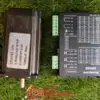
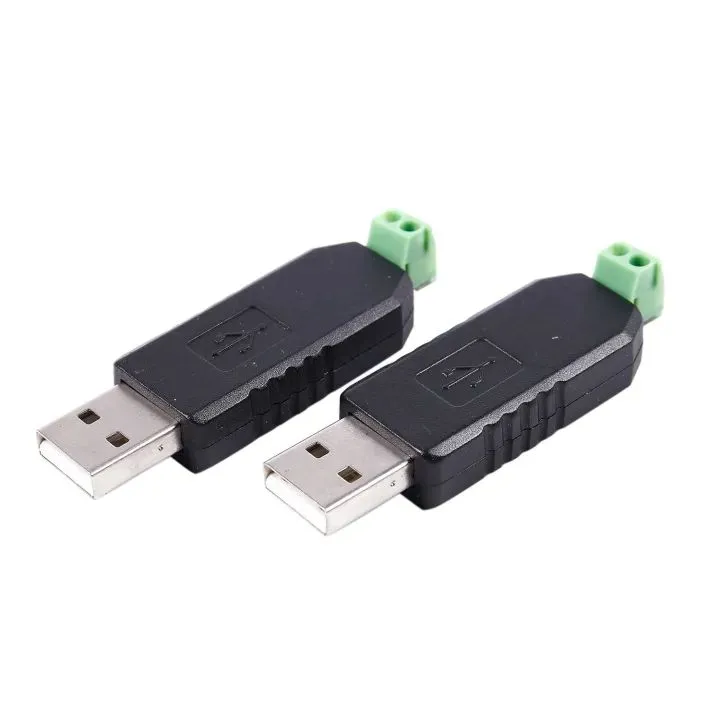
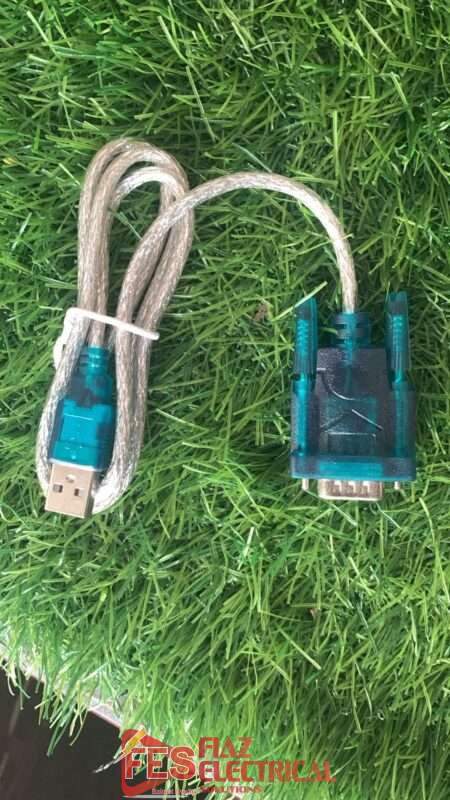
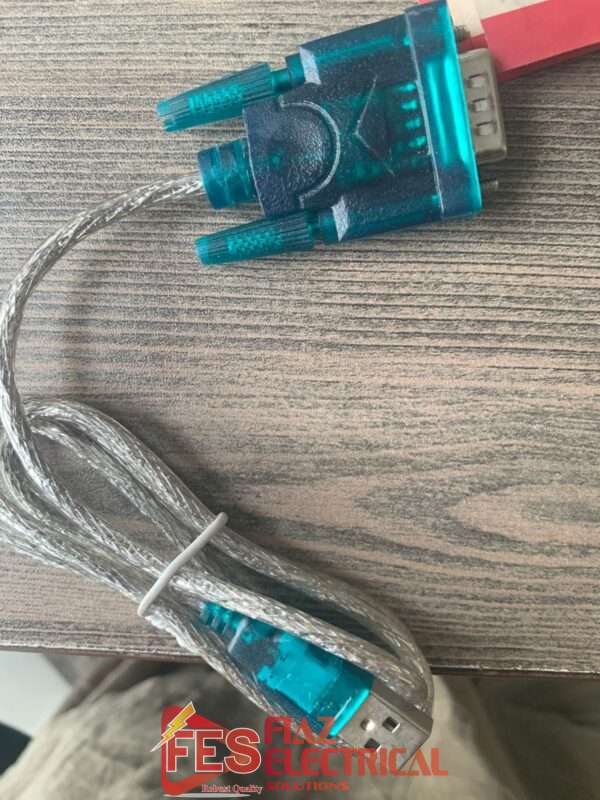
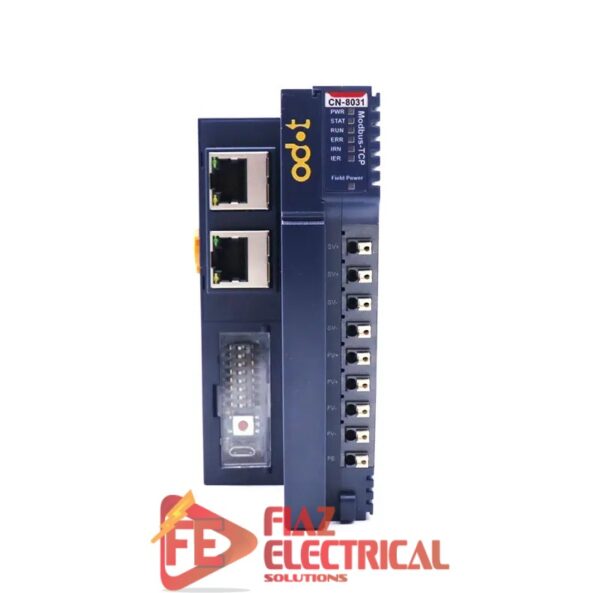
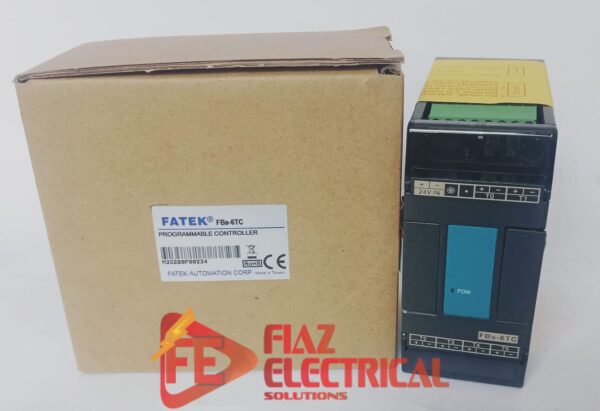
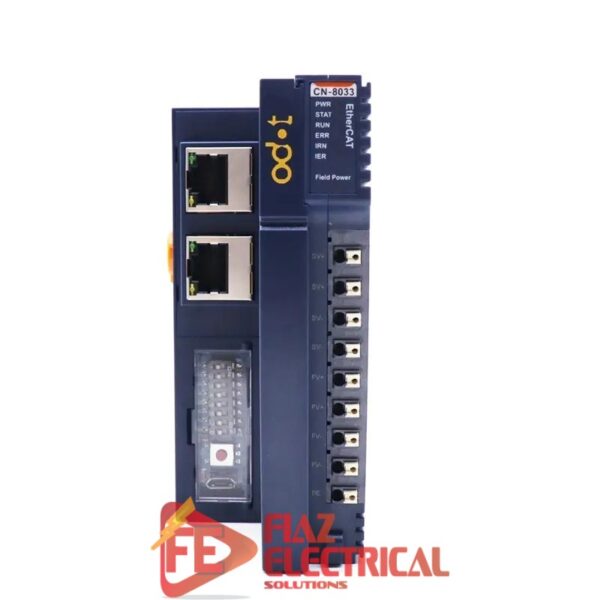

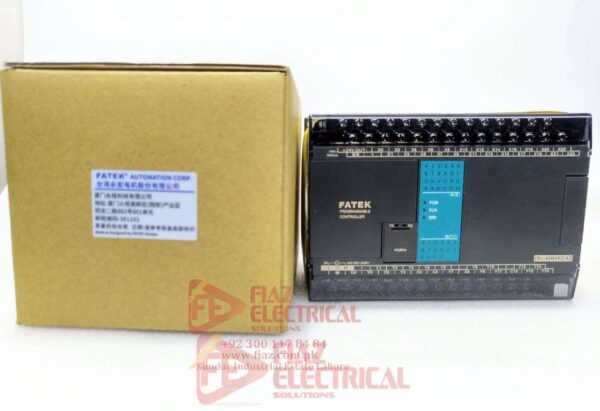
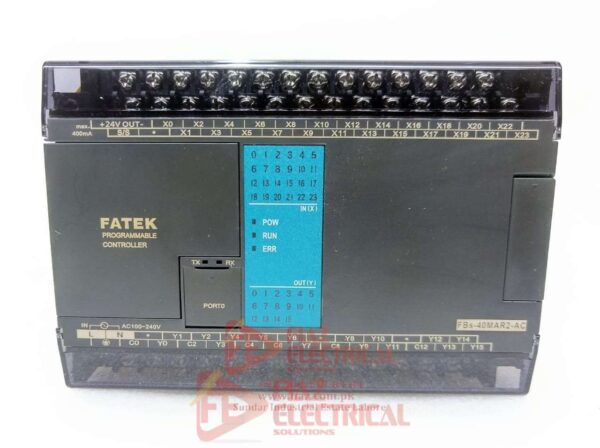
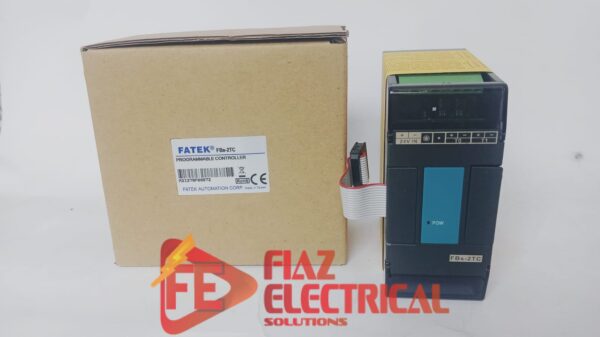

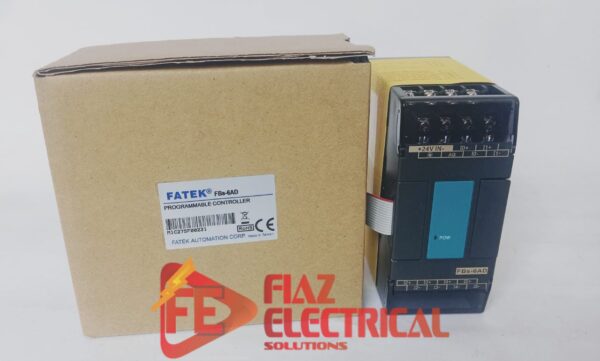
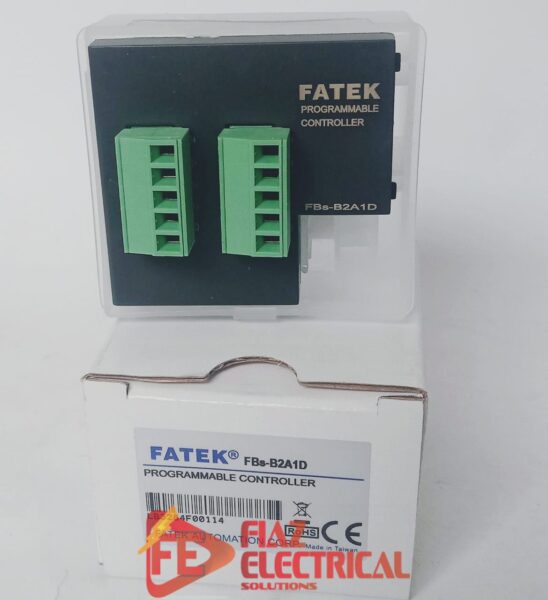
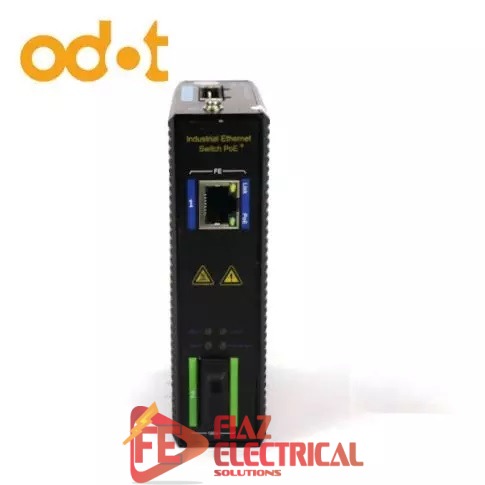
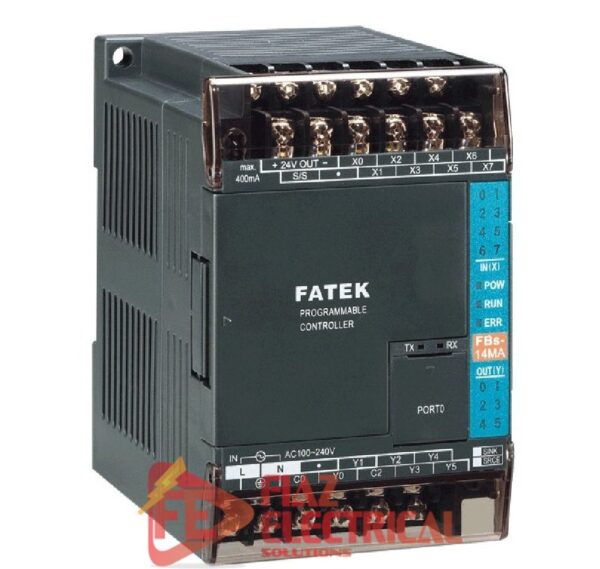
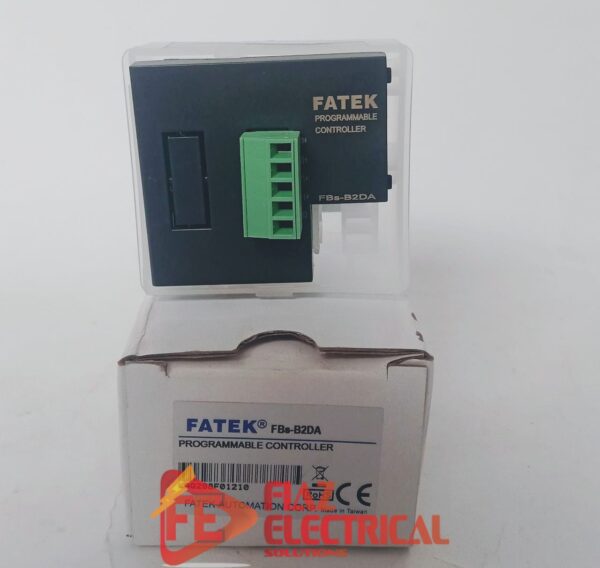
Reviews
There are no reviews yet.